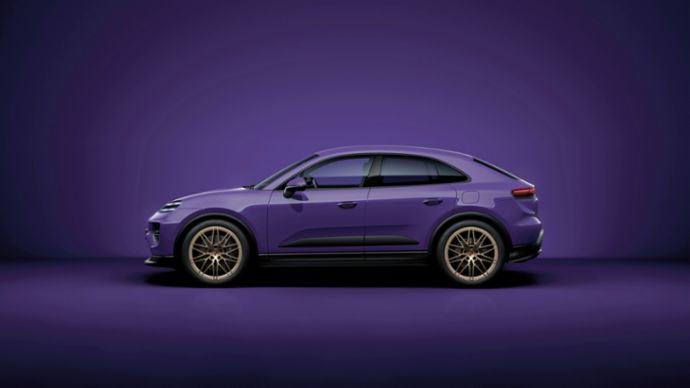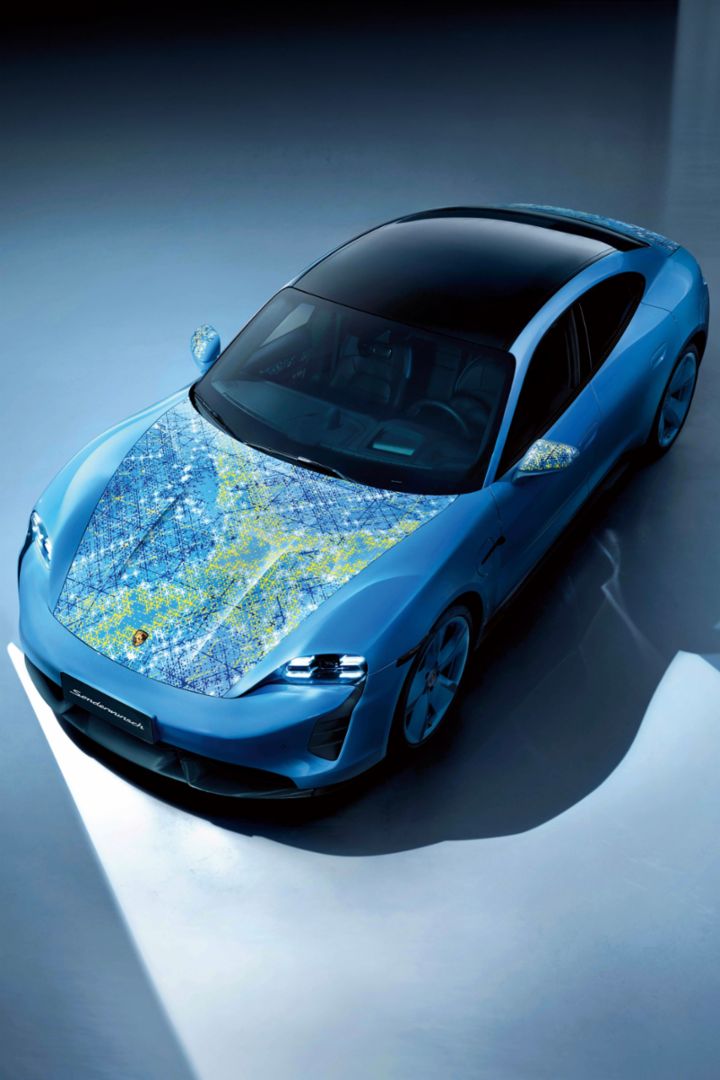Editorial: Customers Can Choose
Porsche launched the largest model offensive in the brand’s history. The result is the youngest and most versatile range of models that the sports car manufacturer has ever had. This flexibility will also be maintained in the future: Customers will always be able to choose which powertrain works best for them.
“Whether combustion engine, hybrid, or electric sports car: Our customers can choose the powertrain that works best for them.”
Ambitious. Challenging. Groundbreaking. A triad that aptly describes the Porsche year 2024. We launched the largest model offensive in the history of the brand. The new Panamera, the new Macan, the new Taycan, and the new 911. The result is the youngest and most versatile range of models that Porsche has ever had.
Whether combustion engine, hybrid, or electric sports car: Our customers can choose which suits them best. In the Christophorus interview, our Chairman of the Executive Board, Oliver Blume, discusses this strategy and the company’s prospects. The message is clear: Porsche offers attractive models for every driving experience – complete flexibility.
The variety of top-performance drives is another topic we discuss in this issue’s Dossier, venturing to the edge of extremes in the process. The Taycan Turbo GT is the spearhead of dynamic dominance. You can read about how that works in the Technology section. We’re demonstrating the 911 GT3 in the Showroom. Like the Taycan Turbo GT, the high-performance gas-powered car has been setting records in its segment since 1999, when it celebrated its world premiere at the Geneva International Motor Show.

Dr. Sebastian Rudolph
EditorNot far from the Porsche Motorsport Centre, we get together with the premiere car from back then and its current owner, as well as Walter Röhrl, who drove this very model, the first 911 GT3 (996), as a company car 25 years ago.
Pascal Wehrlein is already behind the wheel in his new company car. Before the current Formula E season kicks off, the reigning world champion welcomes us to his home near Lake Constance. During a boat tour, which is followed by a drive in the Macan Turbo, he takes a look back at moving moments – and a look ahead to the coming season with the 99X Electric of the GEN3 Evo generation.
It all comes down to seasonal thinking in Taipei, too. But during our visit, magic not only happens out on the track, but also in the kitchen. Star chef and Porsche enthusiast Thomas Bühner, who recently opened a new gourmet restaurant in the bustling city, provides us with exclusive insights.
In Ho Chi Minh City, some 2,000 kilometers away, we follow Nguyen Hoang Anh of Vietnam on an extraordinary adventure. Nguyen drove more than 33,000 kilometers in his 911 Dakar and tested the abilities of the off-road sports car on the most demanding terrain. His destination: the Gobi Desert in Mongolia.
Dear Readers, we hope you enjoy reading this new issue and wish you peace and joy as the year draws to a close. Please feel free to write to us at christophorus@porsche.de.
Consumption data
911 GT3
Macan
-
19.4 – 16.8 kWh/100 km
-
0 g/km
-
A Class
Taycan Turbo GT
-
21.2 – 20.5 kWh/100 km
-
0 g/km
-
A Class
Taycan Turbo GT with Weissach package
-
20.8 – 20.6 kWh/100 km
-
0 g/km
-
A Class
Taycan Turbo S
-
20.0 – 17.8 kWh/100 km
-
0 g/km
-
A Class



